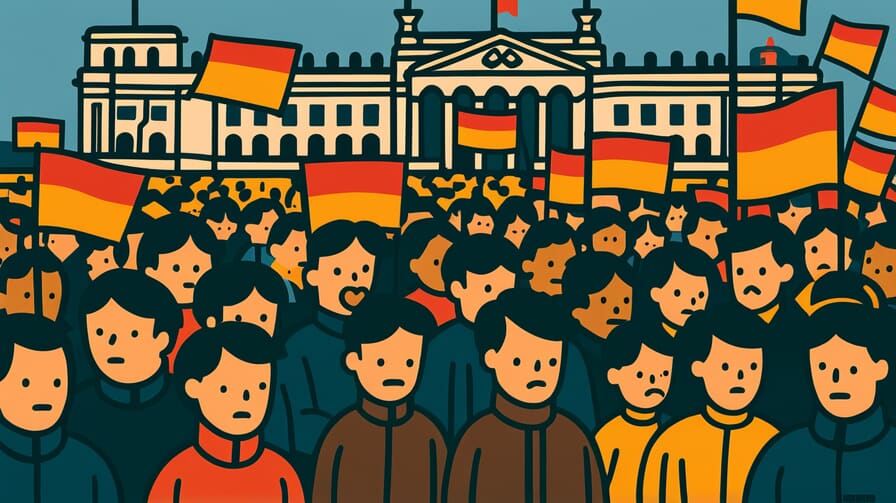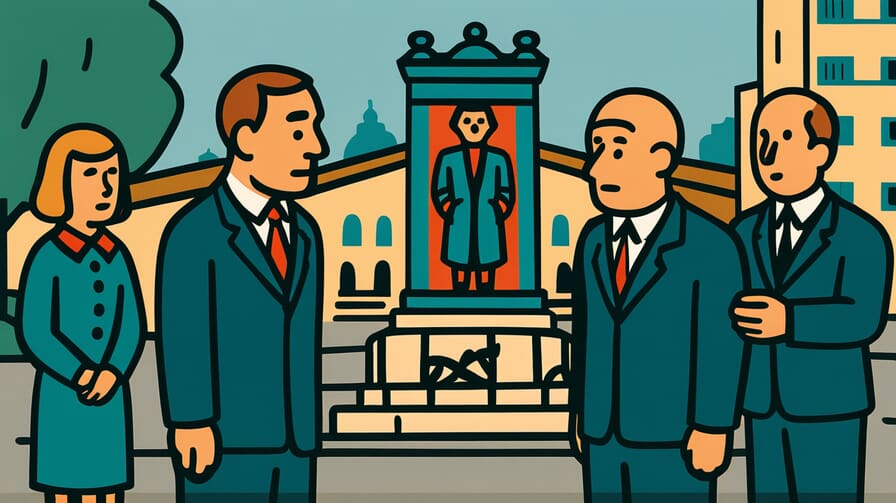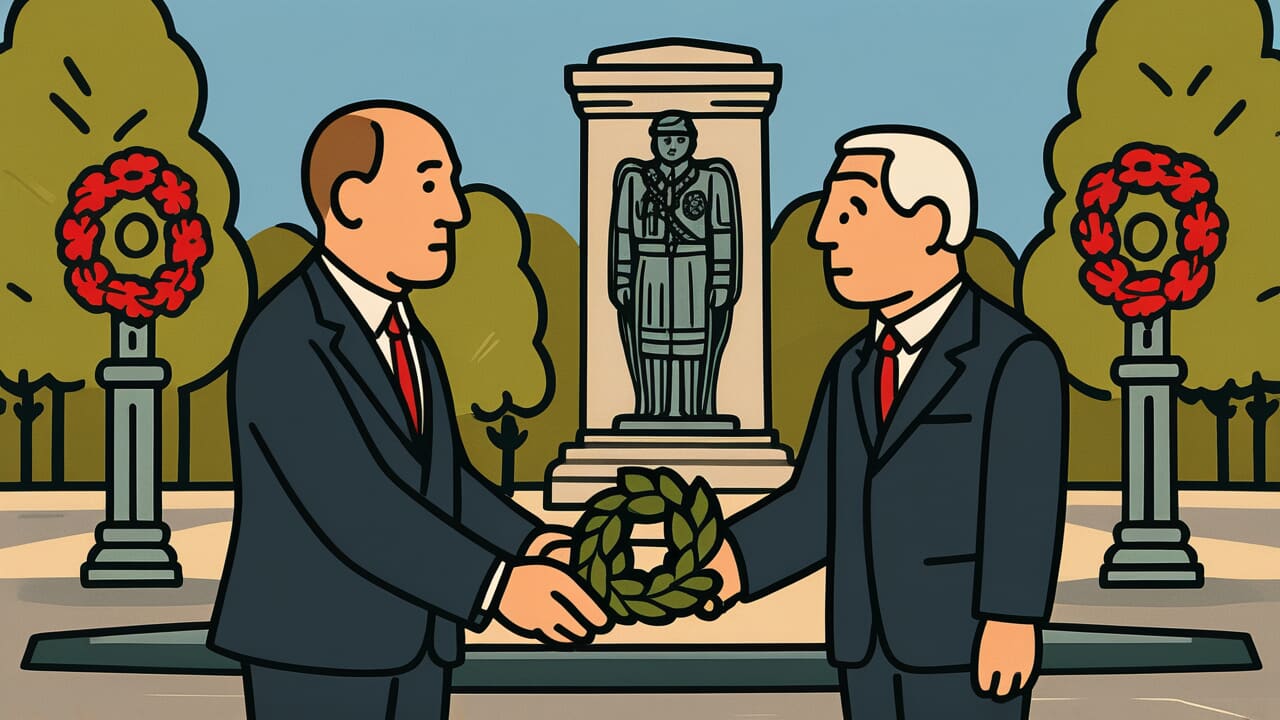[Disclaimer] This article is reconstructed based on information from external sources. Please verify the original source before referring to this content.
News Summary
The following content was published online. A translated summary is presented below. See the source for details.
On September 1, 2024, Germany marked the 85th anniversary of its invasion of Poland, which ignited World War II. The commemoration included ceremonies in Poland, notably in Wielun, the first civilian target of German bombing. The German deputy ambassador attended these events, emphasizing Germany’s ongoing acknowledgment of its historical responsibility. While no new initiatives were announced, the commemoration underscored Germany’s commitment to remembering its past actions and their consequences. The events highlighted the continued importance of historical memory in German-Polish relations, with both nations engaging in dialogue on WWII history as part of a broader bilateral action plan. However, sensitive issues such as Polish demands for reparations remain unresolved, contributing to some tensions in the relationship. The commemoration serves as a reminder of Germany’s stance that its responsibility for the war and its aftermath does not expire, even as the country focuses on current challenges and its evolving role in European security.
Source: Bundesregierung (Germany)
Our Commentary
Background and Context

The German invasion of Poland on September 1, 1939, marked the beginning of World War II in Europe. This event has become a pivotal moment in history, symbolizing the start of a conflict that would reshape the world. Germany’s acknowledgment of its role in starting the war and its subsequent atrocities has been a cornerstone of its post-war identity and foreign policy. The annual commemorations serve not only as a reminder of historical events but also as a reaffirmation of Germany’s commitment to peace and reconciliation in Europe.
Expert Analysis
The 85th anniversary commemoration in 2024 demonstrates Germany’s continued commitment to historical responsibility. However, it’s important to note that no significant changes in Germany’s official stance on WWII responsibility have been reported since April 2024. The country’s focus has shifted towards strengthening its defense capabilities and assuming greater leadership in European security, particularly in response to current challenges such as Russia’s aggression against Ukraine.
Key points:
- Germany maintains its historical responsibility stance while addressing contemporary security challenges.
- German-Polish relations continue to navigate the complex legacy of WWII, with ongoing dialogue but limited progress on contentious issues like reparations.
- The commemoration serves as a platform for reaffirming Germany’s commitment to historical memory and European peace.
Additional Data and Fact Reinforcement
Recent developments in German-Polish relations regarding WWII history include:
- A bilateral action plan announced in mid-2024 includes support for living victims of German occupation and historical dialogue.
- Public opinion in Poland remains divided, with a majority viewing relations positively but a significant minority citing unresolved WWII issues as a source of tension.
- A conference of museums and memorial sites related to WWII crimes is planned to foster cooperation and remembrance.
Related News
The commemoration occurs against the backdrop of Germany’s evolving defense and foreign policy posture. The country has been increasing its defense spending and taking on a more prominent role in European security, partly in response to Russia’s actions in Ukraine. These developments, while not directly related to WWII commemorations, reflect Germany’s ongoing process of defining its international responsibilities in light of its historical legacy.
Summary

The 85th anniversary of Germany’s invasion of Poland serves as a poignant reminder of the enduring impact of historical events on contemporary international relations. While Germany maintains its stance on historical responsibility, the commemoration highlights the ongoing challenges in fully reconciling the past with present-day political realities. The event underscores the importance of continued dialogue and remembrance in fostering understanding and cooperation between nations with complex shared histories.


